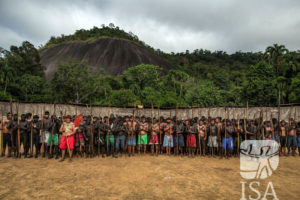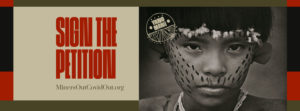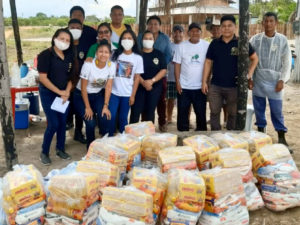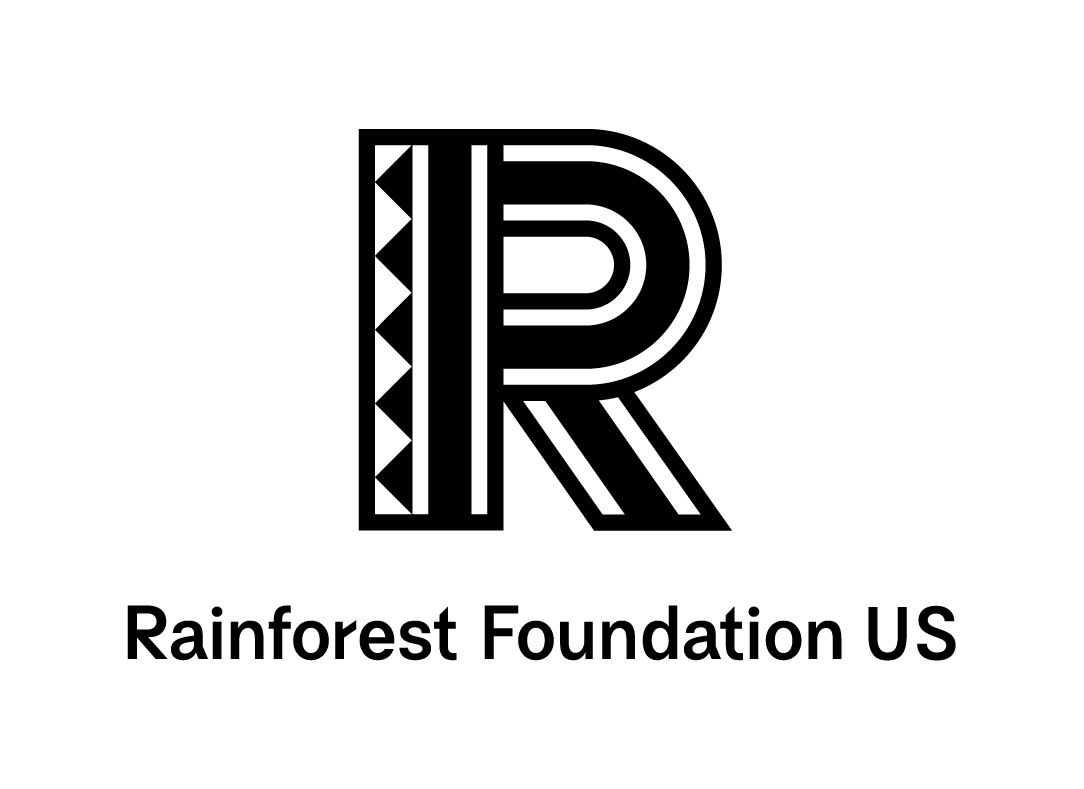“They follow me. They threaten to kill me, to kidnap me, they threaten my family. That is what we face,” said Berta Cáceres, winner of the Goldman Environmental Prize. Since 2013, three of her colleagues have been killed for resisting the Agua Zarca hydro-dam on the Gualcarque River, which threatens to cut off a vital water source for hundreds of indigenous Lenca people.
Activists around the world are being killed in record numbers trying to defend their land and protect the environment in the face of increased competition over natural resources. A year ago, Global Witness’ report, Deadly Environment, revealed that the death toll has risen dramatically in recent years. The report looks at the killings in 2014 and shows the trend continuing unabated. Indigenous groups have been particularly hard-hit. It also examines other types of threats these activists face, and shines a spotlight on Honduras, the country with the highest number of killings per capita for each of the past five years. In 2014, we found 116 cases of killings of land and environmental defenders in 17 countries—averaging more than two victims per week and almost double the number of journalists killed in the same year.
At least 116 environmental and land defenders were killed in 2014, most in Brazil (29), followed by Colombia (25), the Philippines (15), and Honduras (12). 47 of the victims were members of indigenous groups, accounting for 40% of the total. 2014 saw a spike in murders relating to hydropower projects. Disputes over land formed the backdrop to most killings.
There is very little publicly available information to confirm suspected perpetrators, but in cases that are well documented we found 10 were related to paramilitary groups, 8 to the police, 5 to private security guards, and 3 to the military.
“Environmental defenders are fighting to protect our climate against ever-increasing odds,” said Billy Kyte. “Now more than ever we need to start holding governments and companies to account for the rising death toll on our environmental frontiers. The secrecy around how resource deals are made fuels violence and must end. It’s time for the international community to stand up and take notice.”





